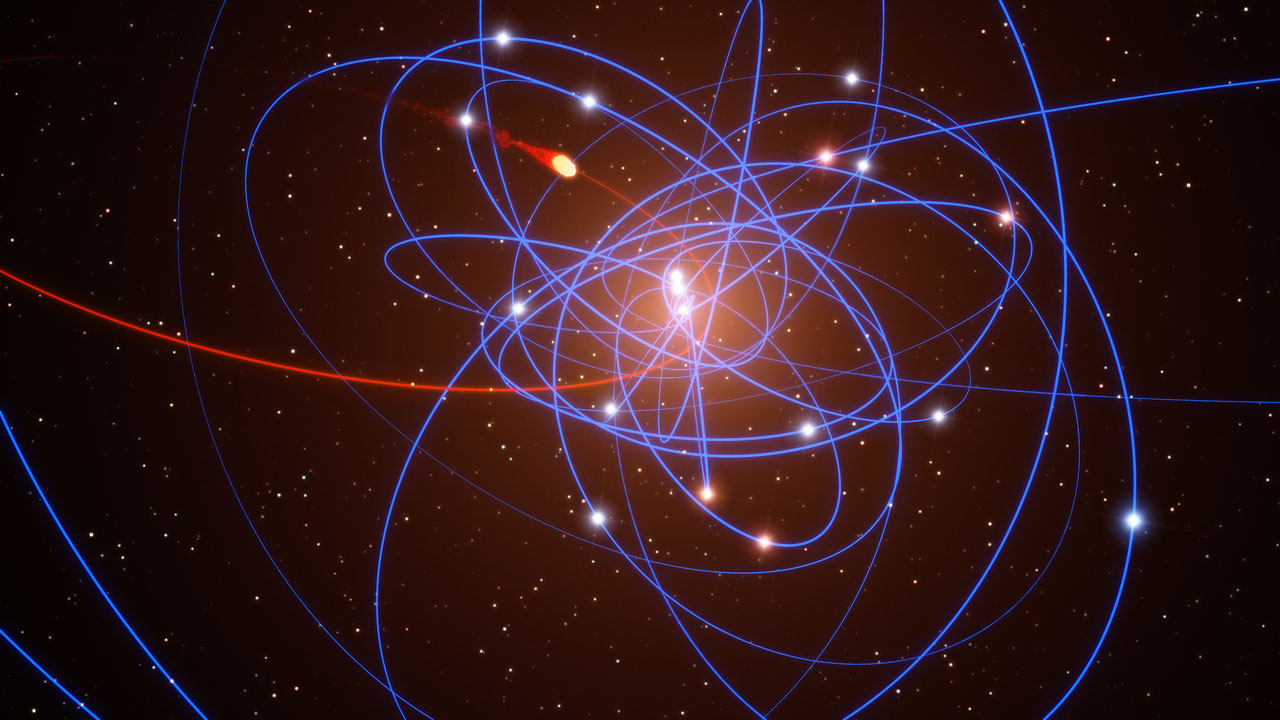The tiniest galaxies of all are the most severely dominated by dark matter. Could black holes be the cause of the extra gravity instead?
As Beijing encroaches on the territory of the Himalayan kingdom, its ultimate aim is leverage over India.
Why do we fall in love with one person over another? The late biological anthropologist Dr. Helen Fisher unpacks the evolutionary roots of romantic love, sex, and attachment. Using research […]
▸
01:06:42 min
—
with
A few physical quantities, in all laboratory experiments, are always conserved: including energy. But for the entire Universe? Not so much.
For his new book, “The Ghost Lab,” Matt Hongoltz-Hetling spent time with paranormal investigators to understand their relationship with science and society.
“If we did create beings that were more like non-human animals, we ought to treat them much better than we now treat non-human animals.”
▸
4 min
—
with
Welcome to The Nightcrawler — a weekly newsletter from Eric Markowitz covering tech, innovation, and long-term thinking.
If you want to understand the Universe, cosmologically, you just can’t do it without the Friedmann equation. With it, the cosmos is yours.
If happiness is an absolute good, would 1 billion slightly happy people be better than 1 million incredibly happy people?
“You might as well go for it. You might as well do the thing that you dream about doing for heaven’s sake.”
▸
6 min
—
with
Viewing Uranus’s largest moons with Hubble, astronomers hoped to find darkening on the trailing side. They found the exact opposite instead.
The cofounders of think tank RethinkX are convinced that humanity is undergoing civilizational phase change.
In “The Shortest History of the Dinosaurs,” Riley Black reveals the bold mammals that thrived in the Age of Reptiles.
The “primacy/recency effect” is used by celebrated movie-makers, Broadway composers, and restaurateurs — it can work for you too.
On Earth, our particle accelerators can reach tera-electron-volt (TeV) energies. Particles from space are thousands of times as energetic.
“We are racing towards a new era in which we outsource cognitive abilities that are central to our identity as thinking beings,” writes computer scientist Louis Rosenberg.
The veteran economist joins Big Think to unpack the new rules of social media, explain tariffs, and recount his adventures in Albania.
“You can debate all sorts of things about how the texture of American life has changed. What you can’t debate is the sheer, objective, existential fact that Americans are more alone than ever.”
▸
12 min
—
with
The first galaxies were irregular blobs of gas and stars. But modern features, like spiral arms and bars, appeared earlier than expected.
The hunt for extraterrestrial life begins with planets like Earth. But our inhabited Earth once looked very different than Earth does today.
“If we’re related to every living thing on the planet, do we not have a special responsibility for every living thing on this planet? They are really all our relatives.”
▸
44 min
—
with
If the Universe is 13.8 billion years old today, but different ages the farther we look back, what does it mean for a star to be the first?
John Green opens up about his struggle to remain hopeful while writing about suffering and injustice.
Welcome to The Nightcrawler — a weekly newsletter from Eric Markowitz covering tech, innovation, and long-term thinking.
“When you think about this interconnection of all these tiny causes and effects which add up to the way the world unfolds, it becomes impossible to imagine that we have complete control.”
▸
6 min
—
with
The COSMOS-Web has just finalized their release of their full field: larger and deeper than any other JWST program. Here’s what’s inside.
The child has no control at all and the adult tries to control too much. But there is a third way.
When theory and experiment disagree, it could mean new physics. This time, they solved the muon g-2 puzzle, and saved the Standard Model.
The Vera C. Rubin Observatory in Chile will image the southern sky using the largest digital camera ever built.




























